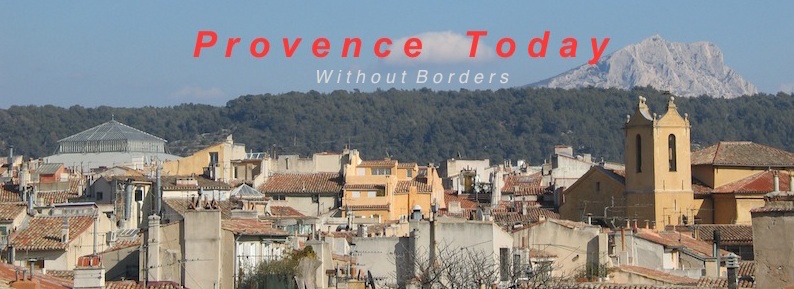This month France has made front-page news worldwide and
left us with indelible images of the shocking terrorist attacks at Charlie Hebdo magazine and a kosher
supermarket in Paris. Just as unforgettable was the subsequent show of solidarity
and unity on city streets. Who has not seen the picture of dozens of world
leaders marching arm-in-arm with President Hollande in Paris in defense of
democratic values and in universal condemnation of religious fanaticism? Of
course, we may question the motives of some participants with spotty
human-rights records at home; the massive show of international support
nevertheless served to give a much-needed boost to François Hollande's stature
as president and of France's place in the wider world.
 |
| Unity march Paris, 1/11/2015 |
Within days of the huge solidarity march on January 11th, Prime Minister Manuel Valls admitted that there had been security lapses in France
and announced the following immediate measures:
nearly 2700 new hires in the ministries of the Interior, Justice and
Defense (including border control and increased intelligence exchange), with a three-year
budget of €735 million. This includes 60 additional prison chaplains and five
separate prison wings for holding radical islamists.
 |
| Manuel Valls before Parliament |
It should be remembered that in 2013 France sent troops to
Mali to push back the invasion of AQMI (Al
Qaida au Maghreb Islamique) extremists who threatened to overrun the capital
and impose sharia law. It has taken part in airstrikes against ISIS in Iraq,
and stood ready to provide arms to Syrian opposition forces as part of an
international coalition against the regime of Bashar al-Assad. At the last moment,
the US withdrew from this coalition and the plan fell apart. Today the Charles De Gaulle, France's nuclear-powered
aircraft carrier and largest war ship in Western Europe, is still cruising in
Mediterranean waters, ready to deliver airstrikes against Islamic militants. This
is undoubtedly one of the reasons why France is regularly threatened by
jihadists.
The government's actions during and immediately following
the January attacks have been applauded by both the left and the right,
with François Hollande and Manuel Valls each gaining in the opinion polls. They
re-emphasized the French republican values of Liberté, Egalité and Fraternité,
as well as the principle of the secular state.
Nevertheless, the recent events have opened a debate about the
theory that "religion has no place in state schools" and led to a
growing demand for French schools to teach religious awareness in order to develop greater understanding between people
of different religions, notably with regard to France's Islamic minority. Religious
education is not officially banned from state schools − it can take place after school
hours. Nearly 20 percent of French students attend subsidized private (mostly
Catholic) schools, which are open to all faiths.
The typical profile of the Islamic jihadist in France is
that of a French-born immigrant who grew up in the suburban housing projects with
higher-than-average unemployment and a high crime rate, who is poorly
integrated into the French mainstream, has few or no employment prospects, and becomes
an easy target for radical Islamist recruiters. They join the Jihad, get sent
to Iraq or Syria or Yemen for training, and return to France with a mission to
avenge the Prophet.
 |
| Merah killed seven, including children |
Manuel Valls has said that 1400 Muslims living in France
have either joined or are planning to join the jihadist cause in the Middle
East. With improved intelligence and increased resources, he hopes to hunt down
and eradicate these extremist cells in France and to arrest returning radicals
at their point of re-entry before they can go into action. Meanwhile, the
country remains on high alert.
Fear has entered the national consciousness, as much of
religious fanaticism as of the rise of the extreme-right National Front party
of Marine Le Pen. French Muslims are fearful of retaliation; Jews have increased
the protection of their synagogues and schools; Le Plan Vigipirate (highest alert) is still in place at airports,
railroad stations and tourist sites, and public security forces have been
reinforced by 30,000 soldiers "for as long as it takes" according to
the Minister of Defense. The January 7 attacks have marked France as
"9/11" has marked the United States and may have shaken up a certain
complacency in this country known for its quality of life and a good bit of
hedonism.
But life goes on. A nation-wide truckers' strike has entered
its second week with no agreement in sight, the labor figures for December are
in and show a continued rise in unemployment (up by 5.8 percent in 2014),
Europe is nervous about the recent election of left-wing Alexis Tsipras as
Prime Minister of Greece who wants to renegotiate the Greek debt (with
potential consequences for Italy, Spain and Portugal), and so on.
Perhaps the old motto of CARPE DIEM is still our best
guide. But with eyes and ears wide open.













